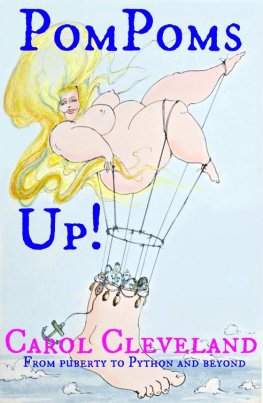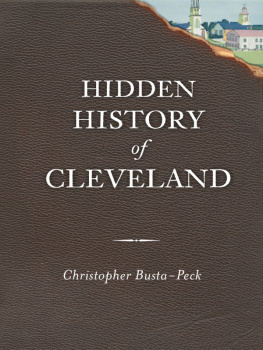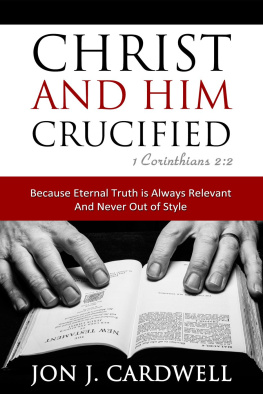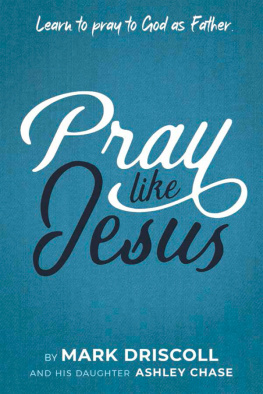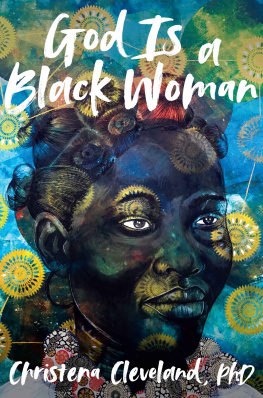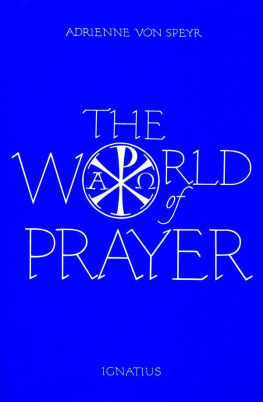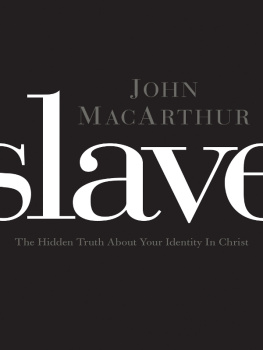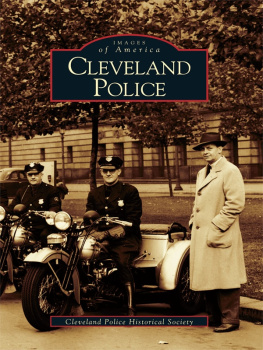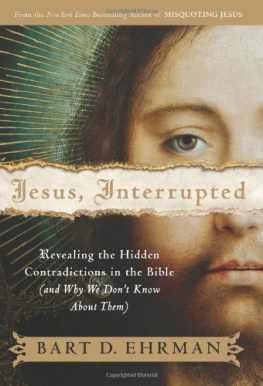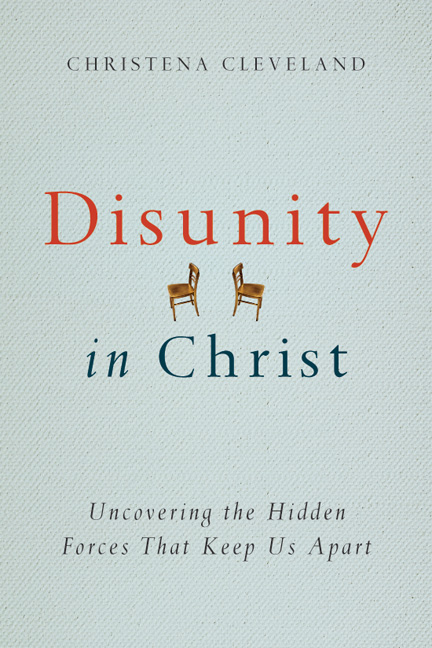InterVarsity Press P.O . Box 1400
Downers Grove, IL 60515-1426
World Wide Web: www.ivpress.com
Email:
All rights reserved. No p art of this book may be reproduced in any form without written permission from I nterVarsity Press.
InterVarsity Pres s is the book-publishing division of InterVarsity Christian Fellowship/US A , a movement of students and faculty active on campus at hundreds of universities, colleges and schools of nursing i n the United States of America, and a member movement of the International Fellowship of Evangelical Students. For information about local and regional activities, write Public Relations Dept., InterVarsity Christian Fellowship/USA, 6400 Schroe der Rd., P.O. Box 7895, Madison, WI 53707-7895, or visit the IVCF website at www .intervarsity.org .
All Scripture quotations, unless otherwise indicated, are tak en from THE HOLY BIBLE, NEW INTERNATIONAL VERSION, NIV Copyright 1973, 1978, 1984, 2011 by Biblica, Inc. Us ed by permission. All rights reserved worldwide.
While all stories in this book are true, some names and identifying information in this book have been changed to protect the privacy of the individuals involved.
Acknowledgments
I ts a good thing I love adventures because writing this book has been quite the adventure. Thankfully, I have had some stellar individuals by my side as Ive worked on the most fun and challenging writing project Ive ever done.
First, Id like to thank my editor, Andy Le Peau, and the folks at InterVarsity Press for patient guidance as I navigated the highs and lows of writing my first book. Id also like to thank the two anonymous reviewers who provided helpful feedback on an early draft.
Im grateful for my Southern California pastors Billy and Kristin Calderwood and my Minneapolis pastors Jeff and Le Que Heidkamp. Im at my best when Im working on a team with other people who are much wiser and cooler than I am. Thanks for being my cooler, wiser teammates! Im especially appreciative of Billy, who taught me the power of hope and helped me cultivate my voice, strength and calling to lead others into unity.
Im indebted to my social psychology mentors, Jay Hull at Dartmouth and Jim Blascovich and Stan Klein at UC Santa Barbara, who have spent years helping me to think critically and acquire strong research skills. Im particularly grateful to Jay, who lured me away from the religious studies department, offered me a position in his social cognition lab and convinced me to get undergraduate and graduate degrees in psychology. It was the right move for me, and it set me on the path to write this book.
Many thanks to Curtiss DeYoung for befriending me as soon as I arrived in the Twin Cities, mentoring me in the words and deeds of reconciliation and modeling how to empower diverse others.
Im thankful for my forever friends Mardi, Emily, Ronee and Patrick, who I can always trust to have my back, as well as my prayer partners Elle, Stacy and Cristin, who provided lovingly strict accountability as I finished this book. Im also grateful for my friends who pray for me when Im writing and speaking: Rose, Maura, Tim, Avivah, Jon, Michelle, Julie, Jina, Juanita, Erica, Josie, Elisa and Ricardo. I feel clothed in their prayers even though many are far away.
Im so glad to be part of a family that is committed to loving well across cultural differences. My dad is the best intercultural leader I know. I was fortunate to inherit not only his crosscultural DNA but also his passion for ministry. My moms commitment to lifelong spiritual growth inspires me to maintain a teachable and humble posture. My super smart brother, John, knows how to disagree agreeably and models how to love well while effectively schooling people. And my sister, Des, is the best listener and most caring person I know. I learn from all of them, and in countless ways they have contributed to this book.
Last, I give honor to Jesus Christ, the author of unity and the chief reconciler.
1
Right Christian, Wrong Christian

I was taking a bus ride through the snow-capped Rockies in Colorado, complaining to myself about this guy at my church who drove me crazy. Ben and I were pretty much the only unmarried adults in our small church community, so we were often paired together during social events. As if this werent annoying enough, Ben happened to be quite possibly the most offensive person I knew.
I wish I could say this wasnt the case, but everything about Ben bugged mefrom his inflexible and preachy conservatism to his career as an engineer who designs nuclear warheads (I mean, seriously ?) to his dorky Hawaiian-print button-downs (alas, perhaps his greatest offense). Anyway, there I was riding through Colorado, lamenting the fact that Ben was a part of my life and plotting ways to avoid interacting with him ever again. And suddenly I was confronted with the idea that Ben was going to be in heaven.
With me.
For all eternity.
And I would never, ever be rid of him.
Suddenly the idea of frolicking on the streets of gold seemed less enticing. Thats okay , I quickly reassured myself. Heaven is going to be a big, big place.
Growing the Wrong Way
When I first began walking with Christ, I felt an immediate and authentic connection with any other Christian who crossed my path. Orthodox, Catholic, charismatic, Lutheran, evangelical, black, white, Asian, Bendidnt matter. We were family.
But as I walked with Jesus, somehow my growth had been coupled with increasingly stronger opinions about the right way to be a follower. I started keeping people I didnt enjoy or agree with at arms length. I managed to avoid most of the Bens in my life by locating them, categorizing them and gracefully shunning them, all while appearing to be both spiritual and community-oriented. Further, I could do all of this without wasting any of my precious brainpower. I was quite good.
I chose to build community with people with whom I could pretty much agree on everything. I invested lots of time and energy in fostering relationships with people who had similar ethnic backgrounds, were about my age, possessed similar educational degrees, professed similar theology, worshiped like me, voted like me and were fluent in the language of my postmodern, intellectual, wanderlustful, diverse culture. I sincerely thought that I was doing a fabulous job because, hey, I was living in community, and isnt that what good Christians are supposed to do?
Over time, when I met other Christians, I found myself asking them what church they attended. Some answers were more acceptable than others. The way I saw it, there were two types of Christians: the wrong kind of Christian and the right kind of Christian.
It was that simple.
Wrong Christian was not a thinker. He hadnt read a book in the previous two years and had the limited vocabulary to prove it. (Although, come to think of it, he did read a book a few years back about a womans rightful place in the home.) He voted based on one or two issues: abortion and homosexuality (two issues that Jesus didnt even mention once , mind you). Wrong Christian lacked crosscultural sensitivity and somehow managed to avoid spending quality time with anyone who did not share his race and culture.



